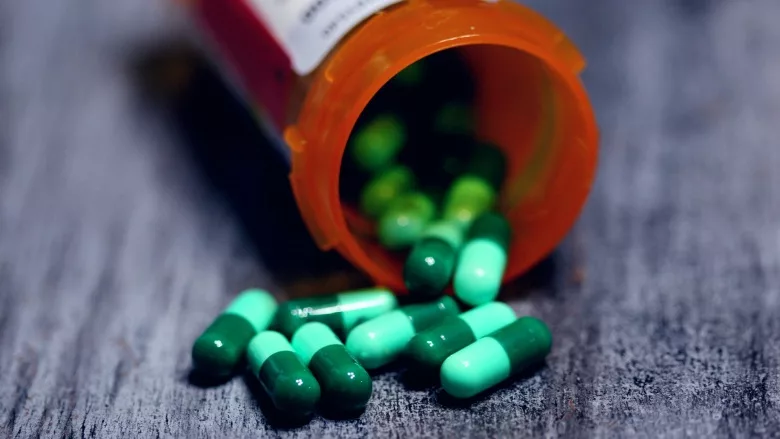San Francisco accidental overdose deaths decline for second year

Image via Unsplash
In 2022, the city of San Francisco saw a decrease in accidental overdose deaths. The Department of Public Health (SFDPH) announced that 2022 was second consecutive year that drug mortality rates dropped in the city despite climbing rates across the country.
The preliminary data, which is provided by the Office of the Chief Medical Examiner, indicates that San Francisco recorded 620 accidental drug overdose deaths in the 2022 calendar year, compared to 640 deaths reported in 2021 and 725 in 2020. Black individuals continued to be disproportionately impacted by overdoses.
The 2022 data shows a 14% decrease from the 2020 number when drug overdose rates were at all-time high in San Francisco, in large part due to the COVID-19 pandemic and the growing presence of the deadly synthetic opioid known as fentanyl.
Fentanyl is the leading driver of drug overdose deaths in the United States, as well as San Francisco. Of the 620 deaths in 2022, 72% were attributed to fentanyl. A small amount of fentanyl can be fatal and people who use drugs may be unintentionally exposed to it in other drugs such as heroin, cocaine and methamphetamine.
There were 107,622 drug overdose deaths in the United States in 2021, an increase of nearly 15% from the 93,655 estimated in 2020, according to the Centers for Disease Control National Center for Health Statistics. The 2022 estimates have not been made available, but national trends show few signs of the crisis abating. Since fentanyl first became prevalent in local drug supplies in 2018, SFDPH has been tackling the crisis from multiple angles. Last year, Mayor Breed and SFDPH created an Office of Overdose Prevention and implemented an Overdose Prevention Plan to coordinate efforts to reduce overdose deaths and mitigate the negative impacts of drug use on individuals and communities.
SFDPH continues to expand access to treatment and care for substance use citywide. This year, SFDPH will open 70 residential step-down beds to offer recovery-settings for people leaving residential substance use disorder treatment and establish weekend hours at the Behavioral Health Access Center to facilitate entry to residential and other substance use disorder treatment.
In 2024, SFDPH will open a new crisis stabilization unit to provide short-term, urgent care for people experiencing a mental health and/or substance use crisis.
View the Accidental Overdose Report here.
Looking for a reprint of this article?
From high-res PDFs to custom plaques, order your copy today!





